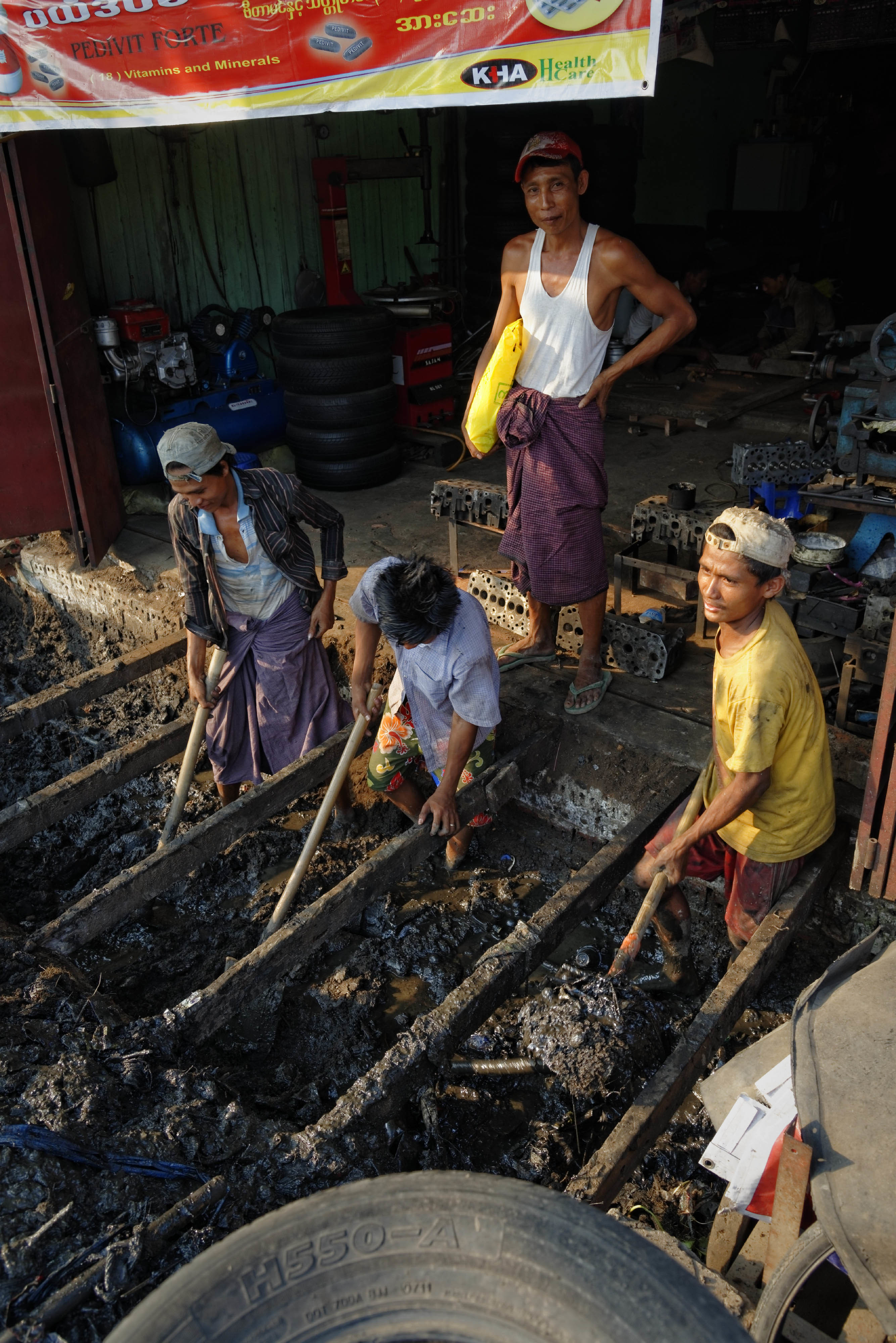UN Minimum Set of Gender Indicators
UN Minimum Set of Gender Indicators Read More »

High-income countries often take the wastewater management process for granted. Yet only 58 per cent of the world’s domestic wastewater is safely treated, with significant variation across regions. For World Toilet Day, we delve into the data to gain a better understanding of employment in the water collection, treatment and supply and sewerage industries in different country contexts.
The unseen workforce behind wastewater management Read More »

Despite women breaking barriers in science, technology, engineering, and mathematics (STEM) occupations and some overcoming obstacles in leadership roles, the transformation of the gender landscape in the workplace remains somewhat limited. Explore the latest insights from the new ILO database Worker and Sector Profiles.
Where women work: female-dominated occupations and sectors Read More »
Discover a practical tool for measuring unpaid domestic and care work and find out how we can assist you in making time-use data collection and analysis faster, easier, and more accurate.
Measuring unpaid domestic and care work Read More »